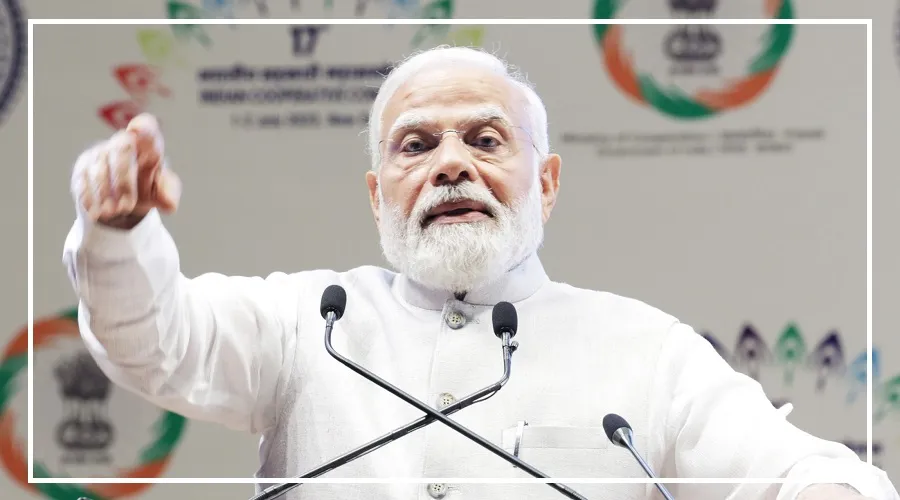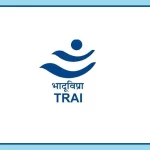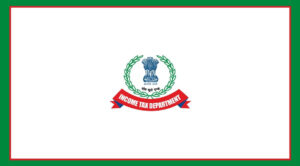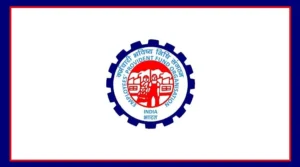A ‘Bharat Bandh’ has been announced across the country for Wednesday, July 9. Over 25 crore workers from sectors like banking, insurance, postal services,
and coal mining are expected to take part in this nationwide strike.
The protest, called by a joint platform of 10 central trade unions, is aimed at opposing the central government’s “anti-labour, anti-farmer, anti-national, and pro-corporate policies.”
The trade unions have urged for a strong response to the strike, highlighting months of preparation across both formal and informal sectors.
“All over the country, more than 25 crore workers and labourers are likely to participate.
Farmers and rural workers will also be involved in the protest,” Amarjeet Kaur from the All India Trade Union Congress (AITUC) told news agency PTI.
What will be open and what may be closed?
The strike is expected to heavily impact many key public services and industries.
According to Harbhajan Singh Sidhu from the Hind Mazdoor Sabha, the following services could be disrupted during the Bharat Bandh:
Banks
Post offices
Coal mines
Factories
State transport
What are the trade unions demanding?
One of the main reasons for the Bharat Bandh is the charter of demands submitted by the unions to Labour Minister Mansukh Mandaviya last year. The charter contains 17 demands.
The unions say that the government has ignored these demands and hasn’t held the annual labour conference in the past ten years. They believe this shows a lack of concern for workers and labourers.
In a joint statement, the trade unions claimed that the new labour reforms, especially the four labour codes introduced by the government, aim to take away workers’ rights.
They argue these codes reduce collective bargaining, weaken unions, increase working hours, and protect employers from being held responsible under labour laws.
Opposition to privatisation
The trade unions say that the government is no longer acting as a welfare state for workers.
Instead, it is serving the interests of both Indian and foreign corporates, as reflected in its policies and actions.
They say they are protesting against “privatisation, outsourcing, contract-based jobs, and the practice of hiring workers temporarily in public sector units and public services.”
According to their statement, the four labour codes passed in Parliament are designed to weaken trade unions, increase working hours, end workers’ rights to negotiate and strike, and remove penalties for companies that violate labour laws.
Union leaders also said that the Samyukta Kisan Morcha and the United Front of Agri Labour Unions support this strike and will lead large-scale mobilisations in rural areas.
The trade unions had earlier held similar nationwide strikes on November 26, 2020, March 28-29, 2022, and February 16 last year.

























